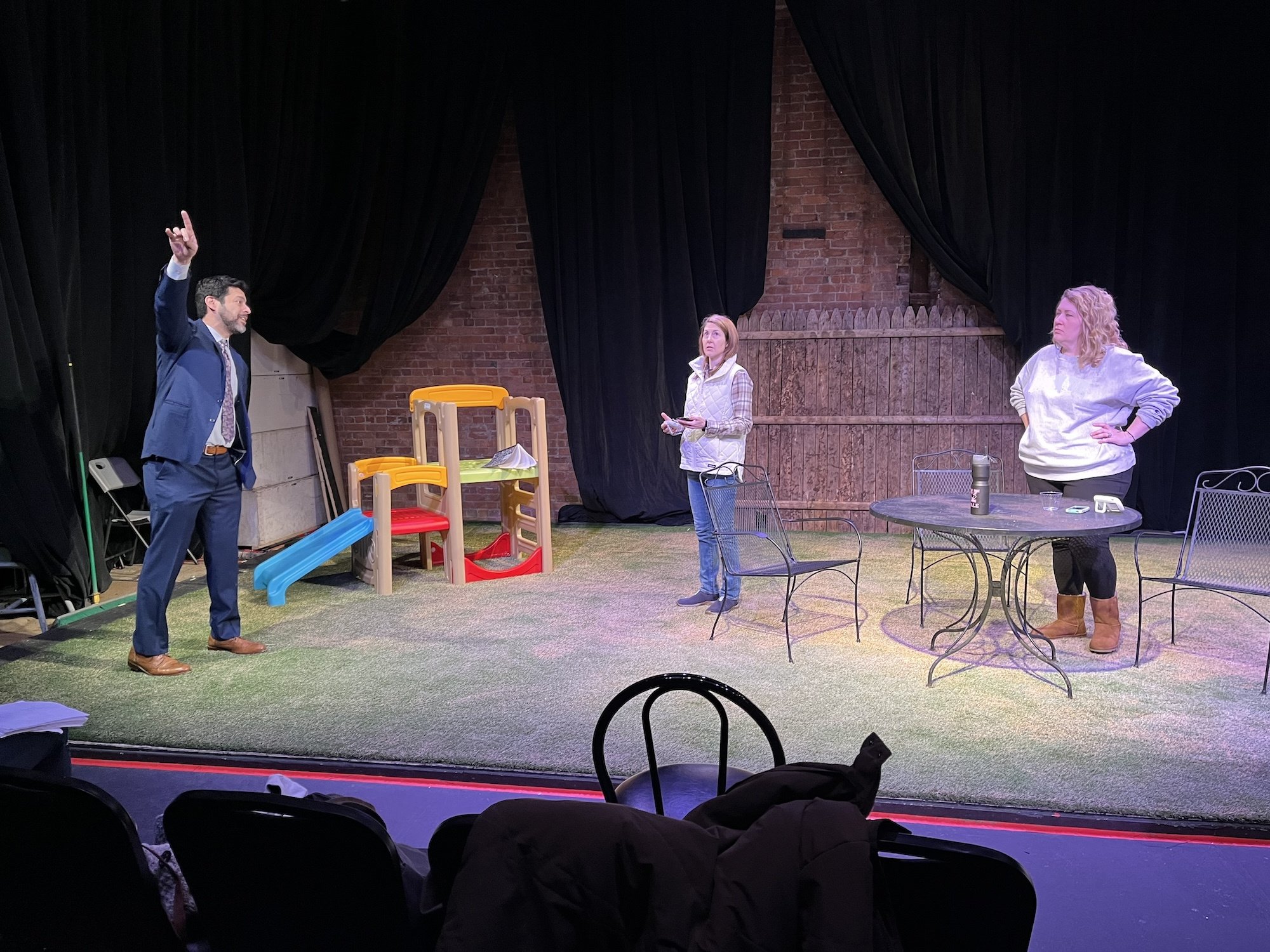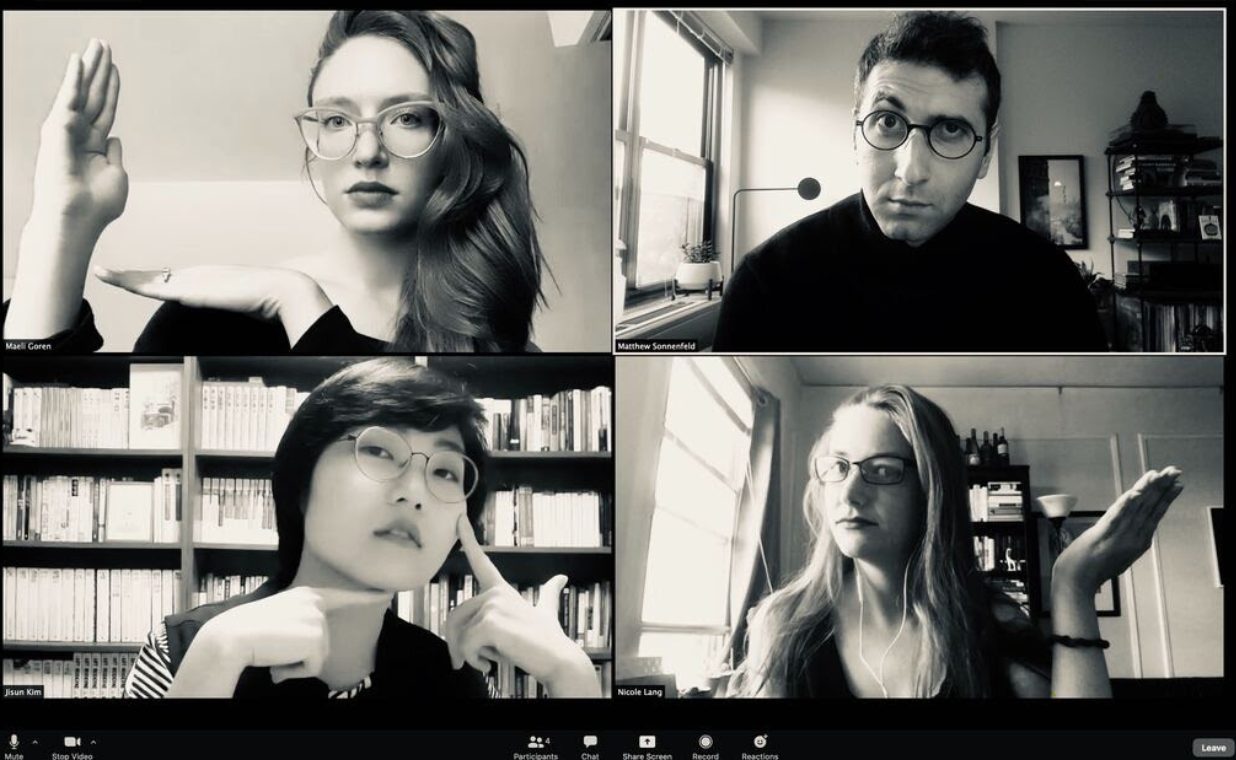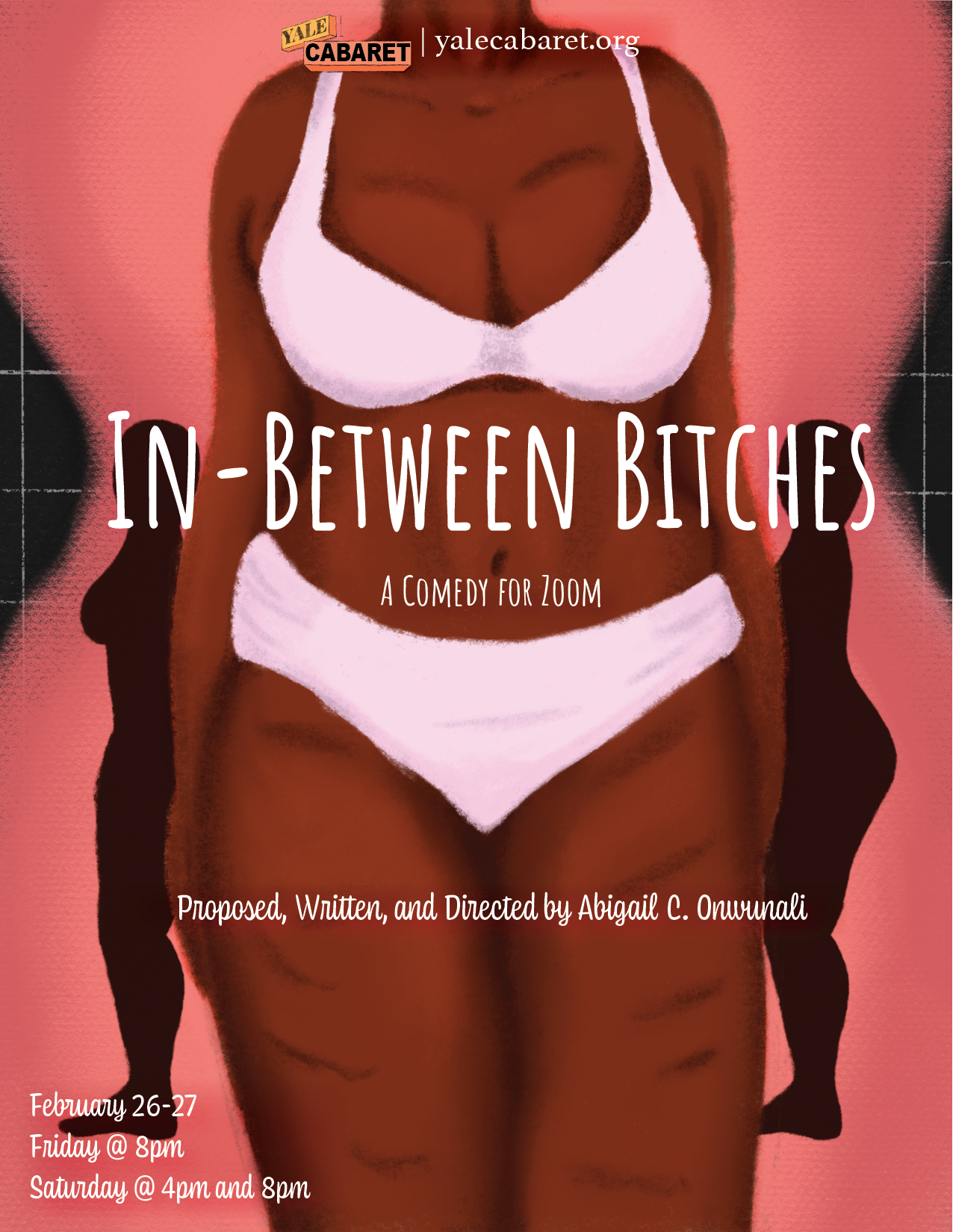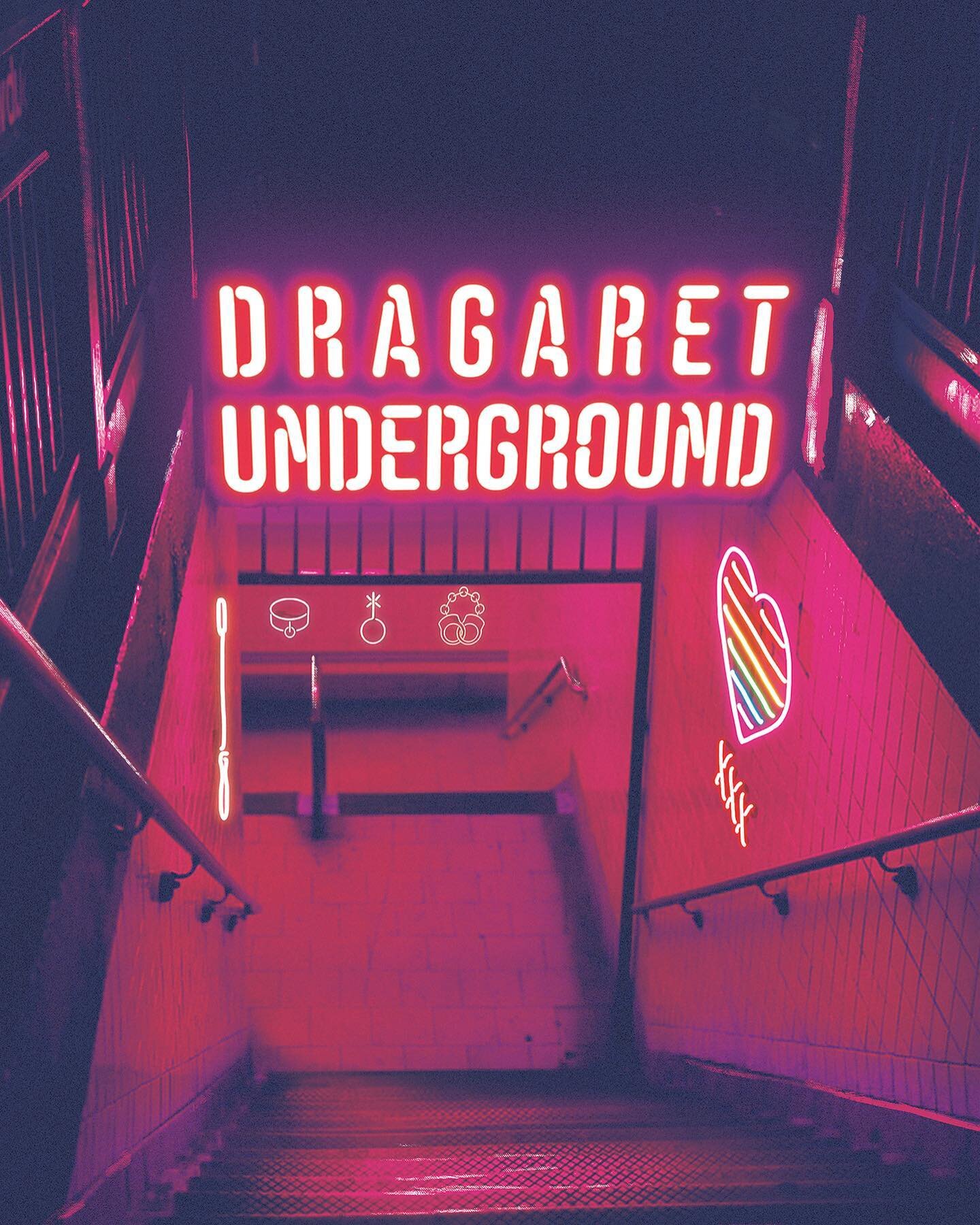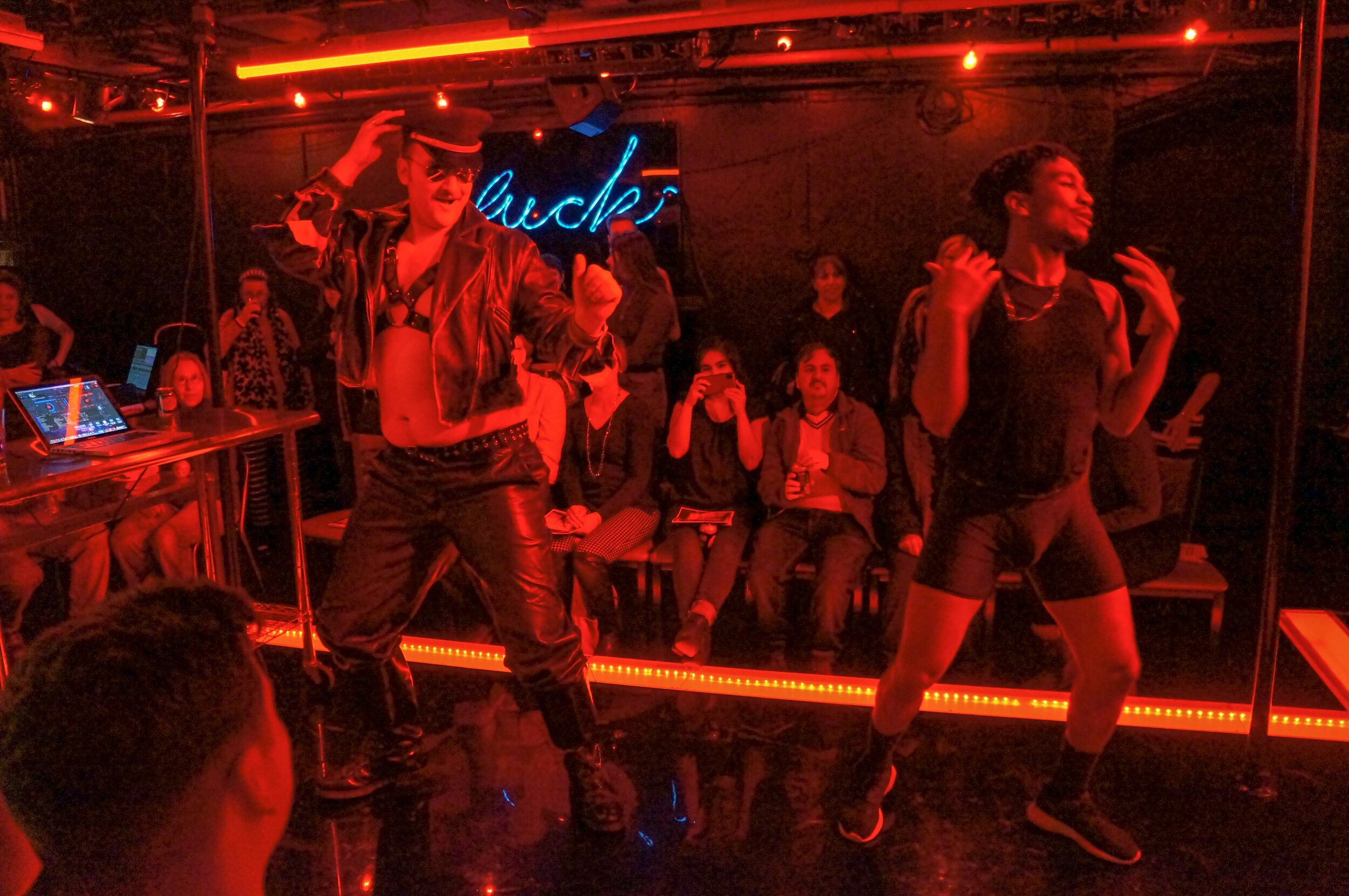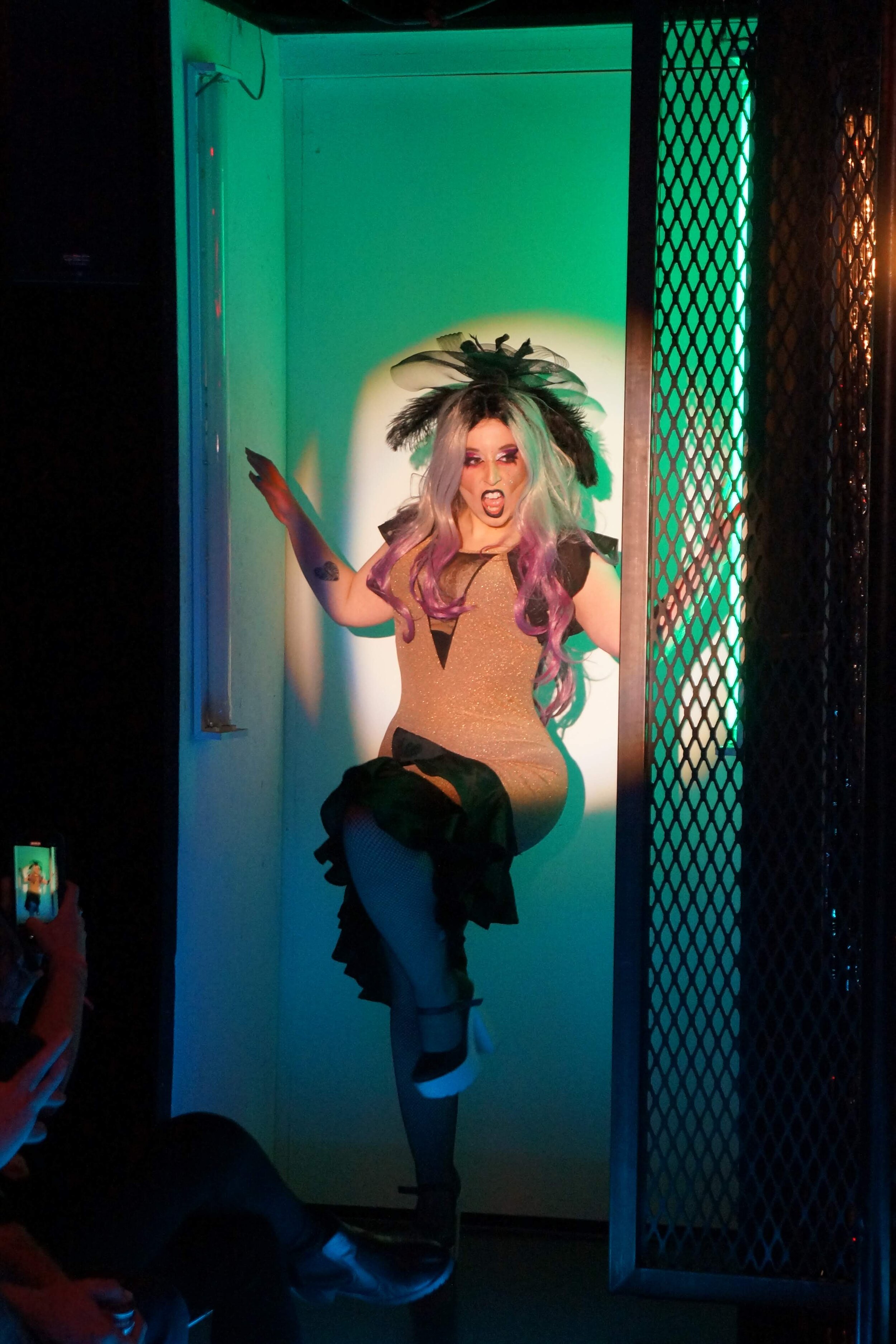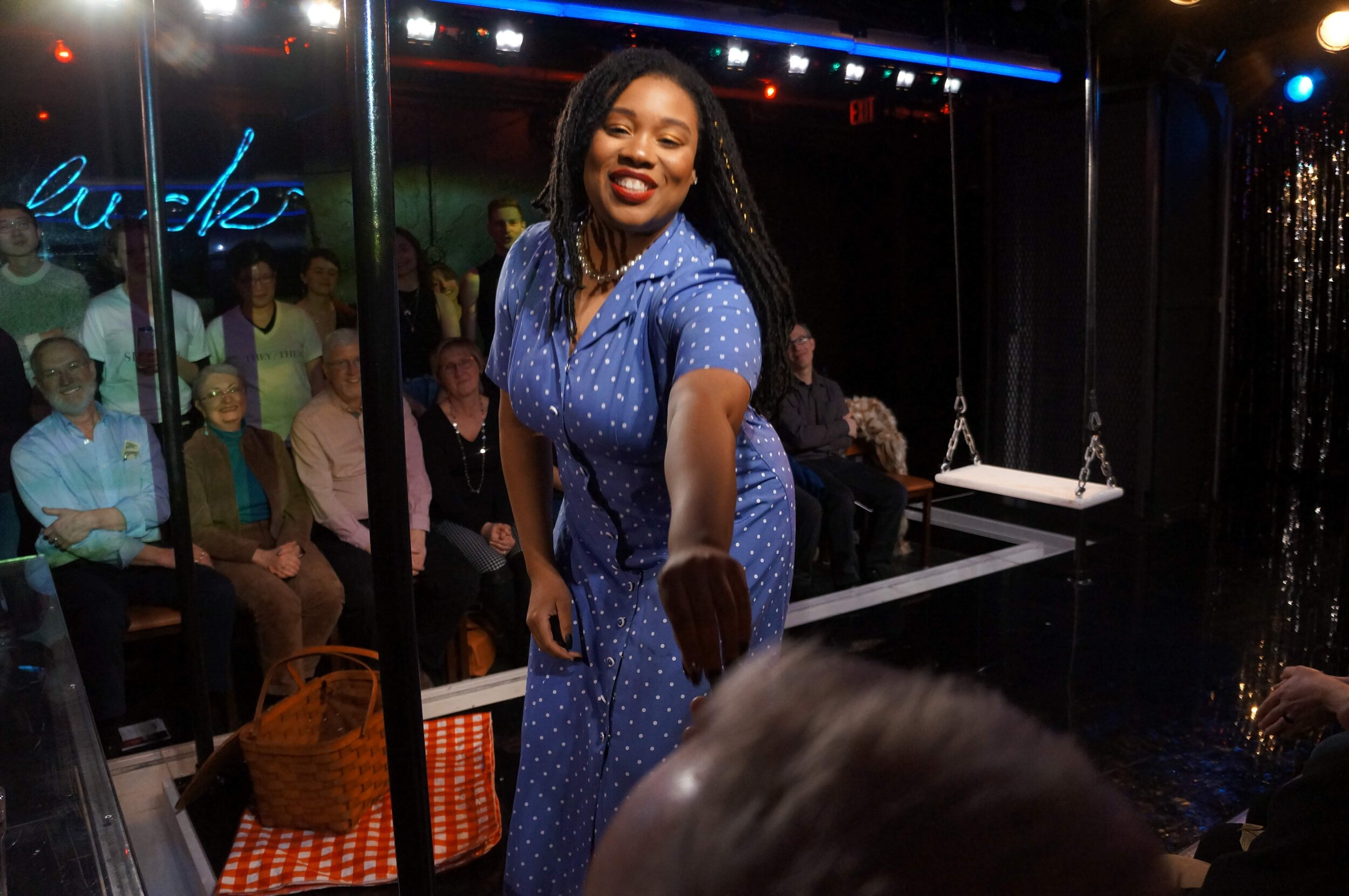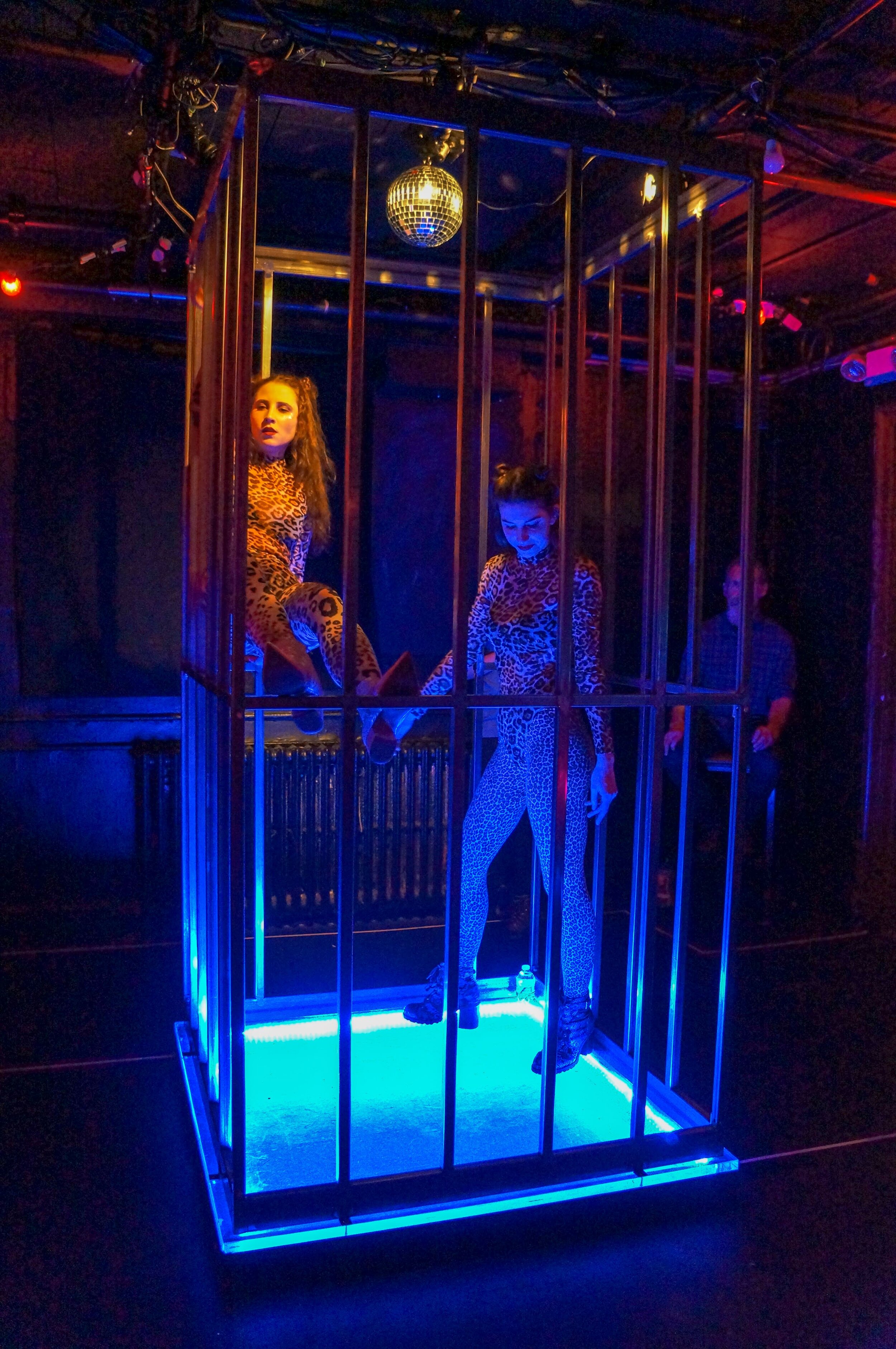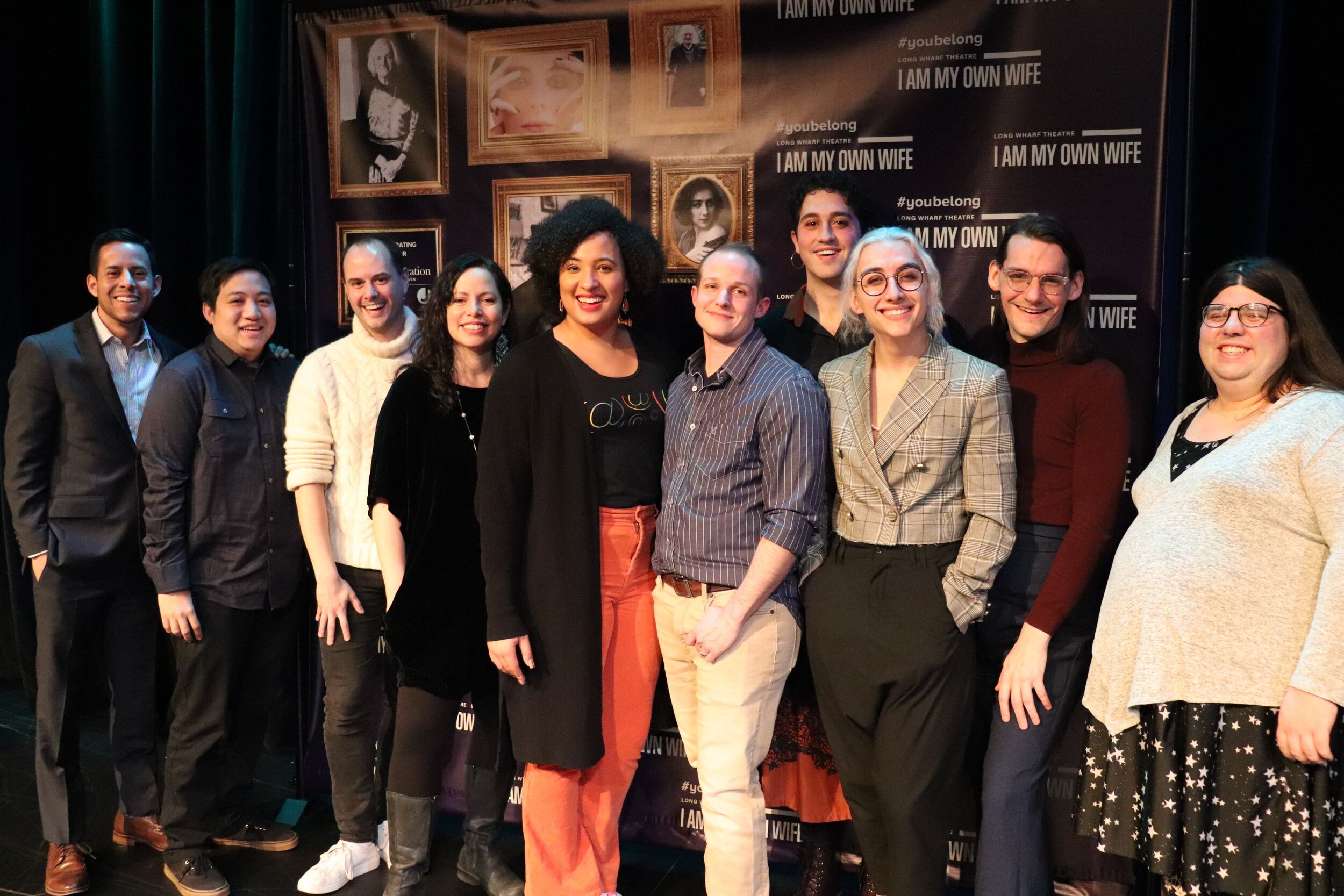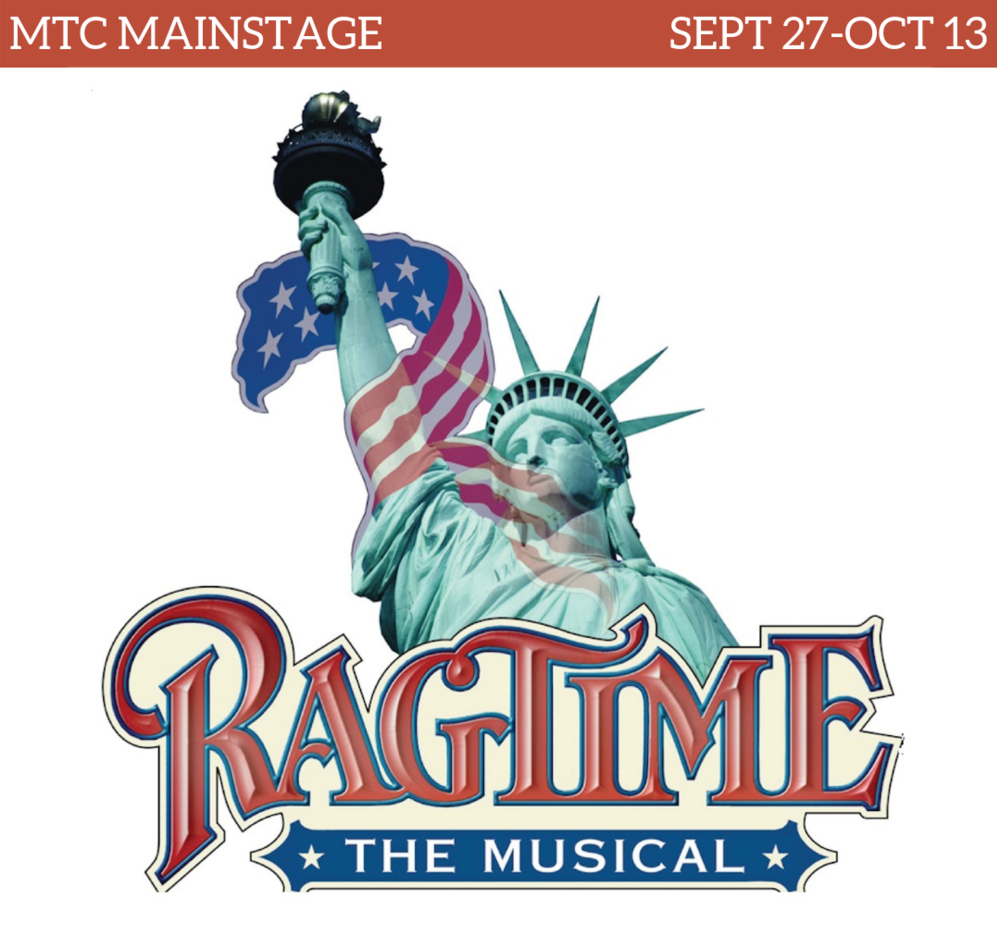Sometime in August a book was delivered at my driveway door: Jim Cory’s Why is That Goddamned Radio On?, a collection of essays and stories. I was pleased to see that three of Cory’s essays which New Haven Review had published, on which I’d been editor, are included: “So What Do You Think About Concrete?” (Issue 18, 2016), “Are Birds Spies?” (Issue 20, 2017), and “Waiting for Janis” (“What Was She Like,” Issue 24, Spring 2020). Three other essays in the book, “Where’s the Hot Boy Going Tonight?,” published in Chelsea Station, June 2018, “Who’s Vladimir Horowitz?,” published in Chelsea Station, August 2019, and “Wild Children, Screaming Mommy,” unpublished until now, I’d read in manuscript. In fact, I wanted to publish “Who’s Vladimir Horowitz?” in the Review but the essay was already committed. We got “Fascinating Asshole: How I Learned to Love Frank Sinatra” instead (Issue 22, 2018), which didn’t make the book.
After finishing some reading I was doing for a project, I settled in as summer turned to fall, getting through the nine essays fairly quickly, enjoying an in-depth reacquaintance with Cory’s lively prose. I dawdled through the four stories, distracted by other reading and the start of the theater season and Halloween and house-guests. When I finished the last story, “An Ideal Couple,” which made a strong impression on me, it was already early November. I thought it was time to review the book or at least to send Jim, who I’ve known since the 1979-83 period when I lived in Philadelphia and we’d both frequented some of the same outlets for poetry readings and worked in succession on a newsletter called “Poetry News,” a response. After a few emails in August about my receiving the book, I hadn’t heard from him since a brief postcard in early September. I went onto his facebook page to see if I’d missed any updates and there found a few posts in sorrow at his recent death, which I learned had taken place on October 12. That and other pertinent information is contained in an appreciative obituary, here, written by Gary Miles for the Philadelphia Inquirer, where Jim reviewed books for many years.
I’d known that Jim’s health had been greatly compromised by a battle with cancer in the fall of 2023, an account of which he intended to shape into a memoir-essay called “Anus Horribilis” (some of which is published online here). And yet the presence of the book in my mail had seemed to indicate he was sailing full-speed ahead, so I hadn’t given much thought to a lack of social media presence (as getting things done often requires a sabbatical from online distractions).
I was distressed by the news of his death, made worse by a sense of profound failure: I hadn’t given Jim a timely response to his collection. Not that hearing from me would have made any great difference, but, while reading, I was thinking of things I might say, little realizing I had already missed my chance to address any further words to him. A sadly lost opportunity, and even more depressing is the realization that I would never again have a response from him about anything I might write. That familiar phrase, “the rest is silence,” is so devastating in this case because Jim Cory was a writer, reader, critic, poet, talker with a natural, witty, and direct approach to the world and to a vast wealth of knowledge he contained seemingly effortlessly. I could only mourn the loss, even as I thought of the mischievous grin he’d wear as I rebuked him for having the gall to die without mentioning it.
Staggered by the way our own lives can make us oblivious to contemporaneous events, I looked at my Google calendar to see what had occupied me back on October 12, a Saturday. I saw that I’d attended a Drag Extravaganza for Heartbeat Opera near Washington Square in NYC on the eleventh, and, knowing that Jim had been an activist for LGBTQ rights and a devotee of classical music, I felt he would’ve approved. Not only that, I reflected that Jim, as the first out, gay friend I ever had, had an effect on my understanding of same-sex relations, so that my presence at the drag event might owe something to his pervasive influence in the first place. On Saturday, the date of his passing, I had worked on poems for a special project in a book arts class my wife was working on and it struck me that Jim, whose early poems my wife and I had published as Crossing the Street in the Rain (1982), the second chapbook created by Gypsy Press in Philadelphia, was implicated in my own verse-writing in ways I might not consciously recognize; I know that while working on the project I thought Jim would be interested and I wanted to show him the finished product.
The next day, the thirteenth, was a beautiful day in New Haven, with crisp air and generous sun, and happened to be my deceased dad’s birthday (he would’ve been 97, and I can gratefully cite Jim’s enthusiastic praise for a painting I’d done in 2020 from a photobooth picture of my Dad taken in 1949). My wife and I were in New Haven to visit Hull’s art store for the aforementioned book project and had an extended lunch at House of Naan, and I thought that Jim might smile to think that “Don and Mary”—whom he had welcomed into his home on several occasions in our Philly days for big bowls of spaghetti, cheap red wine, and plenteous gossip and opinion and chat—were still out and about, together after all these years.
So long, Jim, and thanks for everything. You are missed.
Jim Cory, Philadelphia, March 1985
On Why is That Goddamned Radio On?, Radiator Press, 2024, 266 pages
The three essays I worked on each showed me a side to my friend that I was fascinated to learn about and which engaged me in the way that the best personal essays can. In my time editing for New Haven Review and as a tutor of youthful writers, I generally stand on one truism: if I like the voice, I’ll follow it anywhere. Topic, subject matter, personal proclivities, background, tastes—all are much less important than the tone. It’s not what’s told, it’s how it’s told that matters to me. And Jim Cory’s voice on the page is engaging, direct, full of a certain knowingness about himself and about how people are that comes from a lifetime of reading and observation. He’s great company.
“Where’s the Hot Boy Going Tonight?” kicks things off with a return to origins. Cory eulogizes in his familiarly ornery, love-hate way a dive-bar on Spruce Street in Philadelphia called Roscoe’s, frequented by gays who want to drink cheap, maybe get picked up, and at least bitch in freedom about whatever is bitchable, which is just about anything. Cory’s taste for the place is knowing and, since he was just starting out, impressionable. As he says at one point: “My status as a suburban interloper is evident to all but me. I look, sound and act like Bryn Mawr or Radnor. And green? There must be a particular shade of it that equates to my naivete then. Fern, perhaps?” He elaborates the self-portrait, c. age 21, and charms me with a glimpse of the proto-Cory: “At the time, my utter lack of life experience bequeathed to me an intellectual vanity stunning in its arrogance and vacuity. Was that little half-in-the-bag poseur babbling about Céline or Hart Crane or Henry James really moi?”
The first time I met Jim Cory he had just delivered a talk on Hart Crane for the Active Poets Theater, which met Sundays in the Painted Bride Art Center on South Street. I remember him pacing about, occasionally stuffing a fist into a pocket and jiggling change, and I was entranced by his way of reciting/reading Crane’s verse as though he—Jim—loved each word and now was letting us in on his own ecstasy. The above reference in the essay made me long for more on how that “poseur” became the unique individual I’d met when he was barely twenty-six and I newly twenty. What’s more, the lines recalled to me how caustic and gleeful Jim could be toward “stunning vanity, arrogance and vacuity” in others. I realize that his puncturing of such bubbles came from a good deal of self-knowledge about his own pretensions, and the long slog of shedding them.
But the essay’s brief look at proto-Cory doesn’t set up a retrospective on the author, rather that naivete is exampled by young Cory’s ignorance of who Sarah Vaughn is. The first person of that name he encounters is a drag queen at Roscoe’s. The world of drag queens in the gay community is glimpsed tellingly, but stories about Roscoe’s Sarah are a lead-in to Cory’s eventual amazement, very precisely rendered, at performances by the real Sarah Vaughn. The confluence of the two Sarahs is unique to the author’s perspective and that little irony is what drives the essay. Cory goes so far as trying to imagine the real Sarah (aka, “The Divine One”) meeting the drag Sarah—where else?—at Roscoe’s. The essay’s treatment of the drag Sarah Vaughn implies, we might say, the essay “What Makes a Queen a Queen?”, first published in Gay and Lesbian Review Worldwide in 2017 and included here. There, Cory enumerates various kinds of queens, and this aside gives a sense of his sociology—which is more in the nature of a fan than an academic:
I’ve always thought the idea of Queer Studies earnest to the point of tedium.
Why not Queen Studies? […]
Queen can evoke whole ontologies. It’s specific, but almost infinitely malleable.
Attach it to a trait, to sexual behaviors, to objects or fetishes, and watch it morph into a category, even if just, for the moment, a category of one. If there’s one, there are, implicitly, more. You just have to meet them.
The two essays “So What Do You Think About Concrete?” and “Are Birds Spies?” epitomize the kind of essay I liked receiving at New Haven Review. Written in a direct, confiding style, with plenty of details about the subject matter, both essays take the reader places. In “Concrete,” we travel with Cory to visit his aunt Dorothy who lives in Fargo, North Dakota, and is fondly recalled as a Talker. Like her nephew, Dorothy liked riding the railways and talking at random to whomever interested her. The essay’s title is given as the kind of unpredictable opening query she might hazard just to get the ball rolling. Not only does the essay provide a loving and sharply observed portrait of this maiden aunt who lived to be 93, but recounting his occasional visits out her way lets Cory talk about the Midwest, about train travel, and about the kinds of things that watching someone age while outliving them might stir, so that he’s able to recreate his acquaintance with his aunt and family, provide telling examples of his aunt’s acerbic conversation, and reflect on Dorothy’s impact on him to provide a fitting eulogy.
Jim Cory, I didn’t know until I read “Are Birds Spies?”, was a dedicated birdwatcher. The essay gives an introduction to “the life” and what makes enthusiasts travel about the country in search of birds that, in many cases, don’t particularly wish to be seen. There are also interesting anecdotes about how he got into the pursuit, about the types of people one encounters, and asides on matters that occur to him on the topic of birds, as for instance, the essay’s title—a question poet Gregory Corso once posed to Allen Ginsberg. My favorite passages express reflexive moments, as when Cory sees himself—alone on a trail—a sitting duck for bears or mountain lions or when his delight in spotting a bird he thought he might never see comes through. Similarly, “Romping Through the Swamp” allows Cory to dawdle through nature—particularly, Tinicum, “1,200 acres of woods and wetlands opposite Philadelphia International Airport”—and to expound on the peculiarities of the prothonotary warbler. The essay seems a partner of the birdwatching essay, and includes a glimpse of the author, at twelve, falling in love with swamps. As someone with very little feel for the specifics of nature—in no matter what setting—these essays impressed me with how knowledgeable Cory was, and not only about literature or history.
The reason I wanted to publish “Who’s Vladimir Horowitz?” when I read it was because it features an evocation of the relationship Cory was in when I first knew him. The context of the question is that his partner, Brian, does not know who Horowitz is, then Cory scores great seats for them to see the piano virtuoso perform at the Philadelphia Academy of Music. But the couple, often fighting over Brian trying to get the author to quit drinking, have a spat and Brian never does see Horowitz, though Cory’s evocation of the concert is the heart and soul of the piece, a way of saying what, Cory tells us, Brian once said when they ran into each other some time after Horowitz’s death: “I should’ve gone with you that time.” Cory doesn’t end with that “I told you so” moment. Having outlived Brian—who died of pancreatis with HIV—Cory recalls the time Brian let slip his dream: “I wanted to save you.” Rueful, as retrospect so often is, there can also be sly ironies a real writer can’t resist.
Though he was born about six months after my older brother, I never suspected that Cory—who I’d known in a context of literature, poetry, jazz and classical music—had, like my brother, a long-haired, acid-dropping phase in his teens. The essay “Waiting for Janis” relives that period in a way that positions it indelibly in my own bailiwick of writing about rock music as part of an odyssey of personal identity. It was the essay most fun to work on and the one for which Jim expressed most appreciation for my editing. The book’s title essay takes us even further back, to adolescent Cory’s infatuation with a General Electric radio he received as birthday present at ten or eleven. The question of the title evokes the author’s father demanding why the radio is playing when it should be off—it’s bedtime. But the question sends Cory off on a historical jaunt, telling us how radios in general and the particular model of his childhood came to be, and how the nature of Pop music on local radio stations colored his life, as it did for so many who hit their adolescence in the Sixties (or, like me, the Seventies). The main jist of the essay though—which is both autobiographical and historical in method—is to rectify the fact that “we rarely consider how everything we own, or use, contains a history.” The history of any object concerns what enabled it to be made in the first place, long before it becomes the story of how any particular person—or a generation—interacts with that object or, in this case, the world of popular culture it helps us inhabit.
Finally, an essay I saw go through a few iterations—“Wild Children, Screaming Mommy”—stems from a unique object that Cory found “a dozen years” after his mother’s death: her diary consisting of 365 pages, one page for every day of the year, beginning in 1938 and ending sometime in the late 1960s, generally one line per day, at most. As Cory remarks: “Daily and in secret the diarist (from diarium, Latin for day) inscribes unguarded thoughts and feelings. She conceals her manuscript where none would think to look. Diaries tend to surface posthumously.” As opposed to journals which, as Cory notes, are often “created . . . with an eye on eventual publication.” Cory’s essay is the closest his mother’s diary comes to publication, and it is fascinating to navigate its pages with him, reading over his shoulder at what gives him pause, what elicits comment. Cory’s mother “married for love but also to get out of North Dakota” in 1946, and gave birth to seven children. There’s much understated poignancy in this revisiting of what Mrs. Cory, a housewife in a variety of locales as her husband, a salesman, moved the family several times, finds worth recording. As glimpses into the life of “the everyday housewife who gave up the good life for me,” as a sentimental Glen Campbell song of 1968 has it, the entries, mostly very terse, are eloquent when fleshed out by Cory’s musing reimagining of all his mother doesn’t say. What comes across in memorable fashion is how writing, as a private act, shapes a version of the self that might be remote to anyone but the individual writer; we look on, watching as life happens, as aging makes changes, and children grow, and caring for them goes on and on and on.
The four samples of Jim Cory’s fiction were all previously published and all four have a similar focus: the lives of gay men during Cory’s youth, and two—“The Rise and Fall of Malibu Barbie,” “Dish”—are in the first person. The first story, “Date,” and the fourth and best story, “An Ideal Couple,” are in third person. The stories in the first person are very anecdotal, offering a glimpse into a coterie of friends who are in almost constant communication about what’s what in the gay community in Philly. “Dish,” in particular, recreates a Klatch of regulars who “used to gather in the corner booth of a certain diner a short block from Philadelphia’s Rittenhouse Square” after their Alcoholics Anonymous meetings. The contrapuntal dialogue among four to six speakers keeps the story moving as they ponder the relations of the “dish,” a figure both desired and reviled, whereas the other third-person story does much the same with the fortunes of a gym proprietor known as “Malibu Barbie.” These stories eschew the kinds of overarching commentary that Cory the essayist practices so well and can seem a bit repetitive in their incidents, though Cory’s ear for the give-and-take of dialogue and an eye for the obsessions of the day are in good evidence.
The third person stories may be only thinly veiled autobiographical fiction but the detachment from a personal perspective make them stand out in this volume, and both are the earliest writing here: “Date” is from 2005, and “An Ideal Couple” is from 1995. The latter ends the volume with an epiphany on the part of Tom about his recently deceased friend Steve, whom he’d known for decades:
Then the thought came to Tom that Steve, who’d lived as if the act of living were a chore, and always by himself, who’d seemed so far from the reach of love, had loved him, Tom. Had always loved him. From the beginning. And had, somehow, chosen never to state it.
The words, coming near the end of Why is That Goddamned Radio On?, resonate as an early example of Cory’s ongoing theme of the small, personal slant on life that everyone has and that so few become aware of in others. Sometimes not until too late.
The last time I saw Jim Cory was when he came to New Haven to read and to participate in a party at the Institute Library for New Haven Review. It was March 2019, and a year later everything would close down for a time. He stayed over at our home in Hamden and I know we talked at one point about Proust, sharing how much we loved that return at the end of the grand, multi-volume novel when so many characters from the narrator’s youth are seen in old age. We were not yet 66 and not yet 60 at that time, but, having known each other for forty years, had seen a world of changes that made those old days at the start of the 1980s “temps perdu” indeed. Reading Cory’s book recalls to me the Philly I knew, and shows me the Philly he knew in ways I never knew, and for that I’m very grateful. Most of the pieces end the way Proust ends and the way many of Cory’s stories, in person, ended—with some reflection on change, on age, on death, as Cory seemed always to entertain whatever might seem entertaining about that baleful “et in arcadia ego” that whispers to us even at our most contented or expansive. Against that, he had the wit and the talent and the intelligence to know that life offers us an abundance of matters to take to heart, to feed our imaginations and to stimulate our sense of the value of the time we have. As he says to us at the close of “Romping in the Swamp”: “No doubt some people find all this tedious. If you don’t know what you’re seeing, it all seems the same. Finding your way inside any body of knowledge requires an entry point. Direct the attention and it will happen.”
Cory shows us in this book some of the things to which he directed his formidable attention. And “it happens” each time. I’m very glad these gems were collected here for his readers and hope there will be more. I’ve heard that Jim Cory’s literary executor has another volume in the works.




